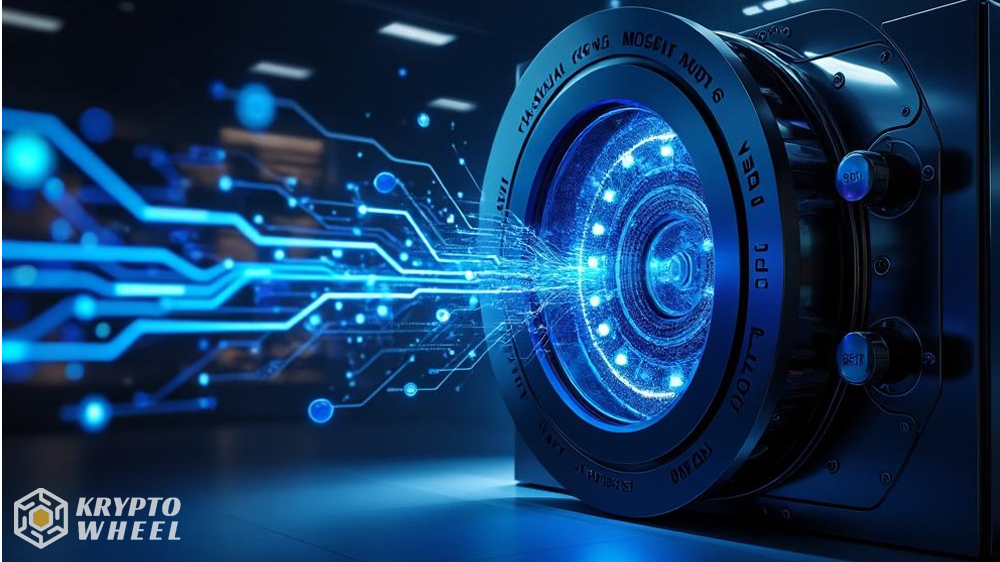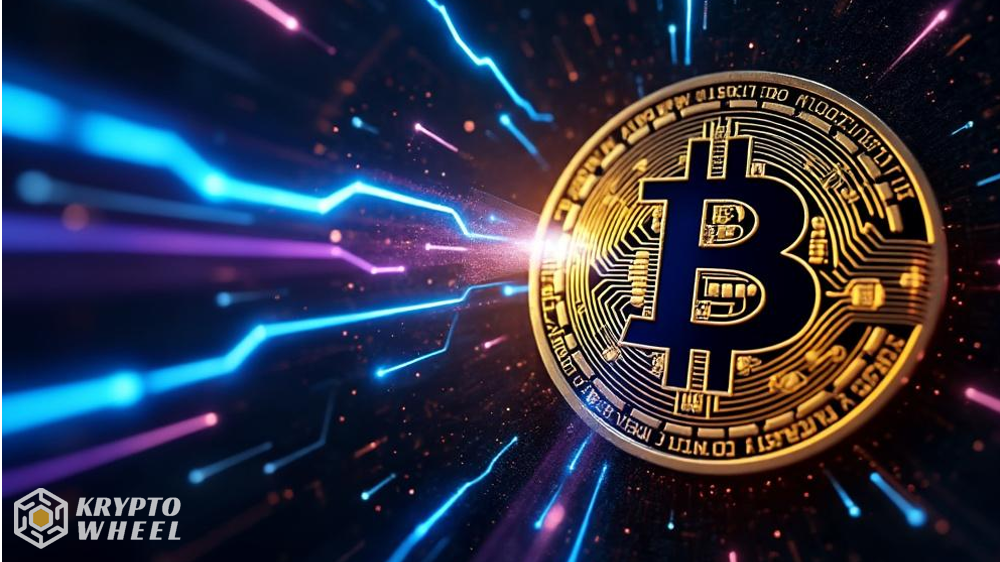Ripple’s Strategic Move into Corporate Treasury Management
Ripple has made a significant acquisition in the treasury management space, purchasing GTreasury for $1 billion. This deal represents Ripple’s third major acquisition of 2025, following their earlier purchases of prime broker Hidden Road and stablecoin platform Rail. The timing seems strategic as more large corporations are beginning to explore digital assets and blockchain solutions for their financial operations.
What strikes me about this acquisition is how it positions Ripple to serve the traditional corporate treasury market. GTreasury isn’t some new startup – they’re established players in treasury management systems with a solid reputation for risk management and compliance. This gives Ripple immediate credibility in a space that’s typically quite conservative.
Addressing Corporate Needs
Ripple CEO Brad Garlinghouse framed the acquisition around solving real business problems. He mentioned how money often gets “trapped” in slow payment systems, which increases costs and limits growth opportunities for companies. I think he’s right about that – traditional cross-border payments can be painfully slow and expensive.
The combination of Ripple’s blockchain technology with GTreasury’s treasury management platform could potentially offer companies faster payment processing and better capital utilization. As Fortune 500 companies start exploring stablecoins and tokenized deposits, they’ll need robust systems to manage these digital assets at scale.
Market Implications
GTreasury CEO Renaat Ver Eecke described the deal as shifting “from managing capital to truly activating it.” That’s an interesting perspective – suggesting that blockchain technology might enable more dynamic use of corporate funds rather than just passive management.
This acquisition gives Ripple direct access to established corporate clients who already use GTreasury’s systems. That’s probably more valuable than just the technology itself – existing customer relationships in the corporate treasury world are hard to build from scratch.
The deal still needs regulatory approval and is expected to close in the coming months. Given Ripple’s ongoing legal challenges with the SEC, regulatory scrutiny might be particularly intense for this acquisition.
Looking Forward
What’s unclear to me is how quickly corporate treasuries will actually adopt blockchain solutions. While the technology promises benefits, large corporations tend to move cautiously when it comes to financial systems. They have compliance requirements, audit trails, and established processes that can’t be easily disrupted.
Still, the $1 billion price tag suggests Ripple sees substantial opportunity here. If they can successfully integrate blockchain technology into corporate treasury operations, it could open up a massive market that’s been largely untouched by crypto innovation until now.
The success of this acquisition will likely depend on execution – how well Ripple can blend their blockchain expertise with GTreasury’s established treasury management capabilities while maintaining the compliance and security standards that corporate clients demand.










